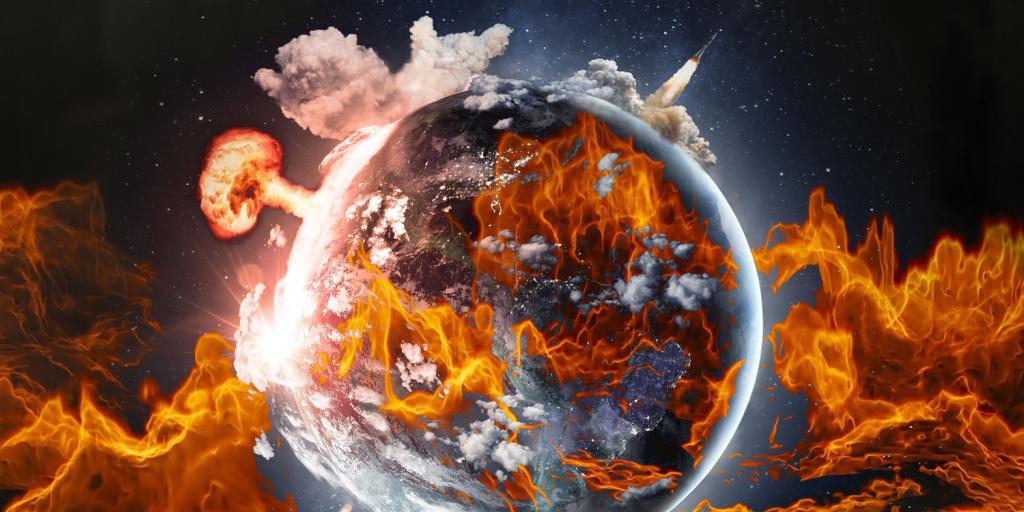
“The World Is at War”
“The World Is at War” is the title of a new Gatestone Institute article (December 17, 2023). The article quotes Paul Poast’s sobering piece in the Atlantic titled “Not a World War but a World at War,” in which he observed, “The past two years have seen the most conflicts of any time since the end of the Second World War.” Even more sobering, as the Gatestone Institute article highlighted, is that the global superpowers are either directly or indirectly supporting most major conflicts and skirmishes—in North Africa, the Middle East, Europe, and the Pacific. U.S. weapons are used by Israel to fight against Hamas, and Western ally munitions support Ukraine against Russia. Hamas, the Houthis, and Hezbollah are all fighting Israel and are directly backed by Iran, and all are using Chinese-made weapons. Russia is using Chinese and North Korean munitions in Ukraine.
As Gregory Copley, president of the International Strategic Studies Association and editor-in-chief of Defense & Foreign Affairs Strategic Policy, observed, “It is possible in the 20th and 21st centuries to say that there are, in fact, no regional wars, because all of them have some degree of involvement by the great powers.” He continued, “Proxy wars can, if left unattended, become direct wars between major powers.” Great powers often back factions in regional conflicts, but in their number, scale, and level of involvement, today’s conflicts represent a real escalation. Again, as Copley noted, “Big powers sense opportunities when small nations are in conflict, and what seems an easy case of ‘conflict exploitation’ soon becomes an out-of-control firefight.” The question is, will all these regional conflicts lead to an all-out global conflict?
It is easy for many to think of these regional conflicts as struggles in distant lands, but in a moment’s notice they could become very personal and very real—very quickly. Today’s “regional conflicts” could be precursors to far greater direct conflicts among global superpowers, and the situation could worsen in the blink of an eye. As the prophet Isaiah foretold of this rebellious world, “Because you despise this word, and trust in oppression and perversity, and rely on them, therefore this iniquity shall be to you like a breach ready to fall, a bulge in a high wall, whose breaking comes suddenly, in an instant” (Isaiah 30:12–13).
For more on how regional conflicts might relate to global prophecies, read "Sleepwalking into World War III.”



